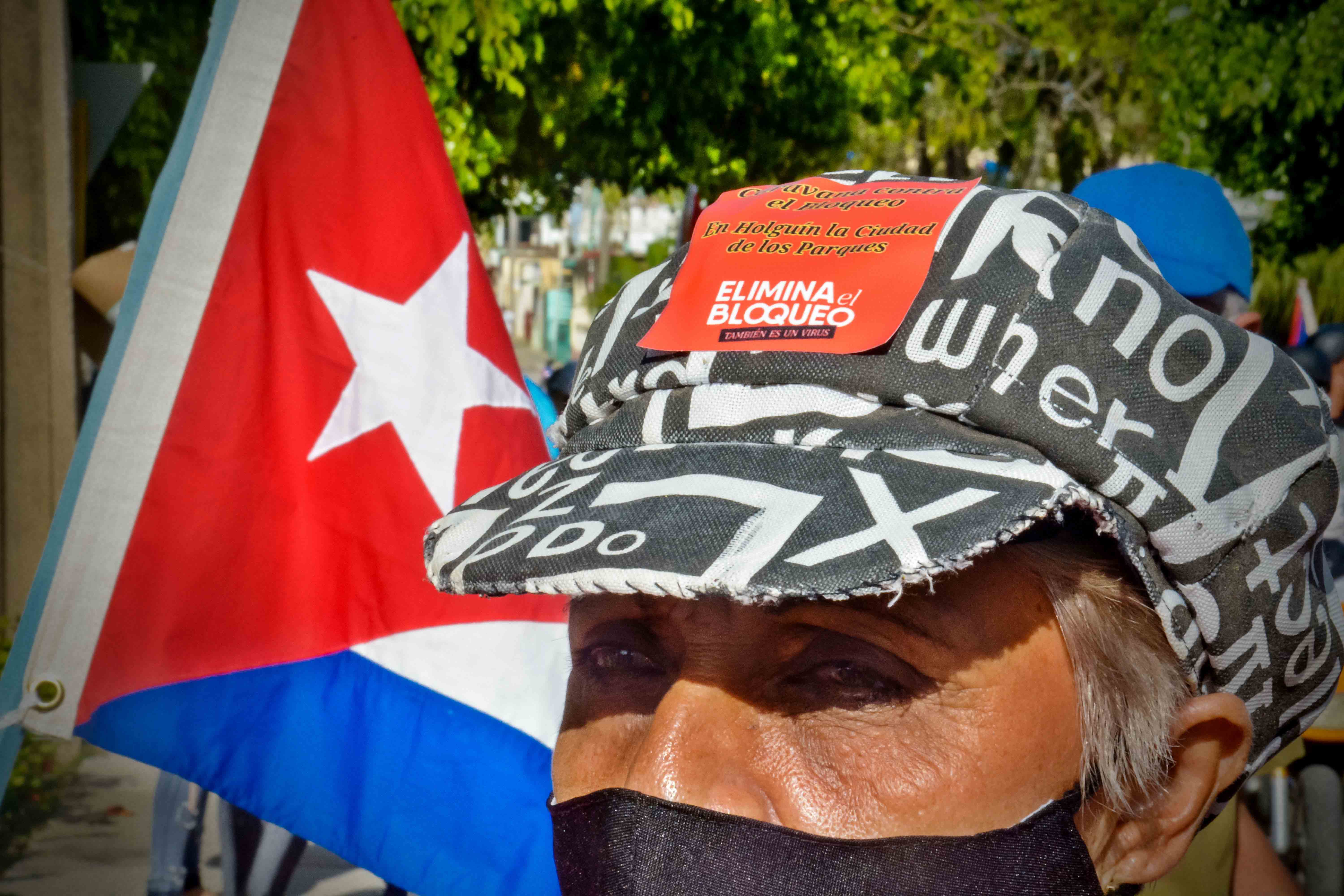
Far from expressing its support for the cessation of the blockade against Cuba, the current U.S. administration continues its relentless persecution of financial transactions involving the island and which have affected practically all sectors of the economy.
Although there was some easing of tension during Barack Obama's presidency, the criminal siege remains intact as the longest and most genocidal in history, implemented since February 6, 1962 by President John F. Kennedy, who believed that perhaps after a few months of its implementation he would achieve the collapse of the Revolution.
Such were the purposes of its implementation, which included depriving Cuba of money and supplies to reduce its financial resources and real wages, provoking hunger, desperation and the overthrow of the Government.
In the following years, this plan designed to choke Cubans with measures, laws, executive decisions and the extension of punitive actions with political, diplomatic and economic pressures against all countries, companies, banks and any entity that establishes relations with the island was perfected, even though they violate all the norms of international law.
Since February 1959, the island denounced the existence in U.S. banks of 424 million dollars stolen by Batista's officials which were not returned, and that same month the U.S. National Security Council denied a limited credit requested by the National Bank of Cuba.
President Dwight David Eisenhower, at the end of his term and before Kennedy took office, took it upon himself in 1960 to restrict oil exports, ordered the cessation of operations of U.S. companies on Cuban territory and decreed the reduction of the sugar quota, among other measures.
That administration began the tradition for the next 60 years of U.S. government duplicity, always accompanying its public policies with sordid secret programs of the intelligence community.
After the disappearance of the USSR and the socialist bloc, with which Cuba maintained more than 70% of its trade relations, the hopes of the White House and the Cuban-American mafia were renewed regarding the imminent fall of the Revolution, and they began one of the most criminal stages of the blockade policy, which sought to provoke a veritable genocide.
Thus it was that in 1992 and 1996 the Torricelli and Helms-Burton Acts were enacted, with which the extraterritoriality of the blockade was reinforced with fines, seizures, legal persecution and repressive actions against interests, properties and persons of third countries that traded or invested in the Caribbean island.
Likewise, the prerogatives of the President of the United States to suspend this policy were limited and the role of Congress to carry it out in the form of a law was strengthened.
Cuba continues facing the cruel blockade with the heroic resistance of its people as protagonist for 61 years.
Sidebar

 Agencia Cubana de Noticias
Líder en información nacional
Agencia Cubana de Noticias
Líder en información nacional








Nos reservamos el derecho de no publicar los comentario que incumplan con las normas de este sitio